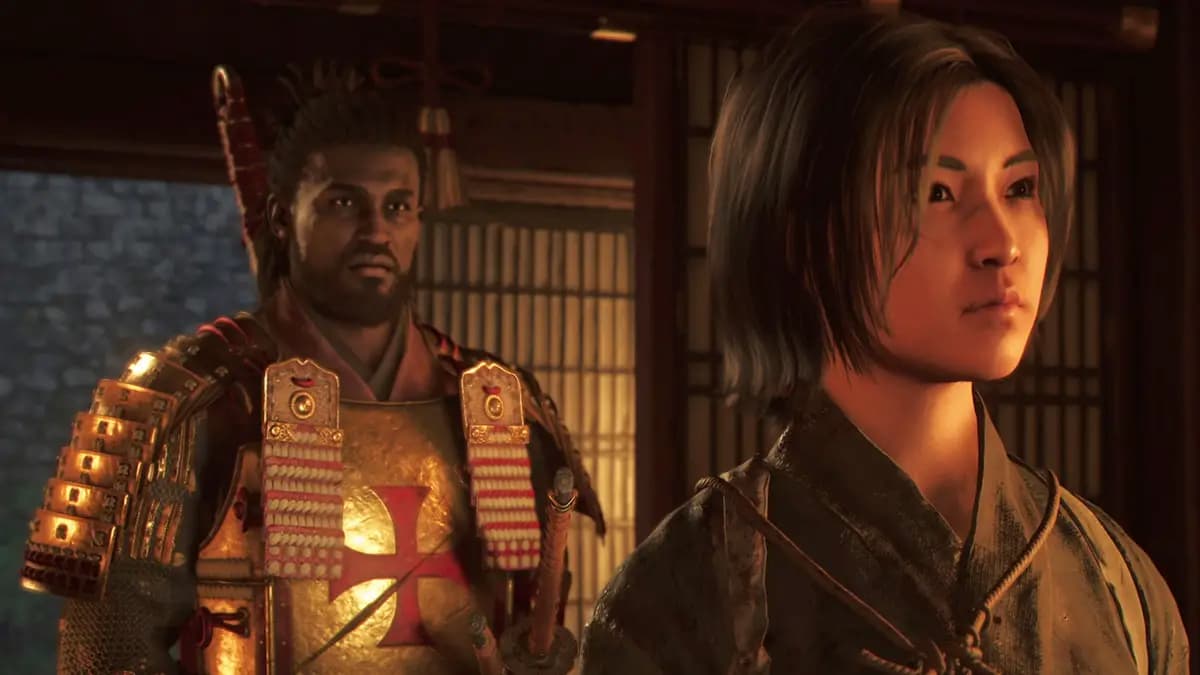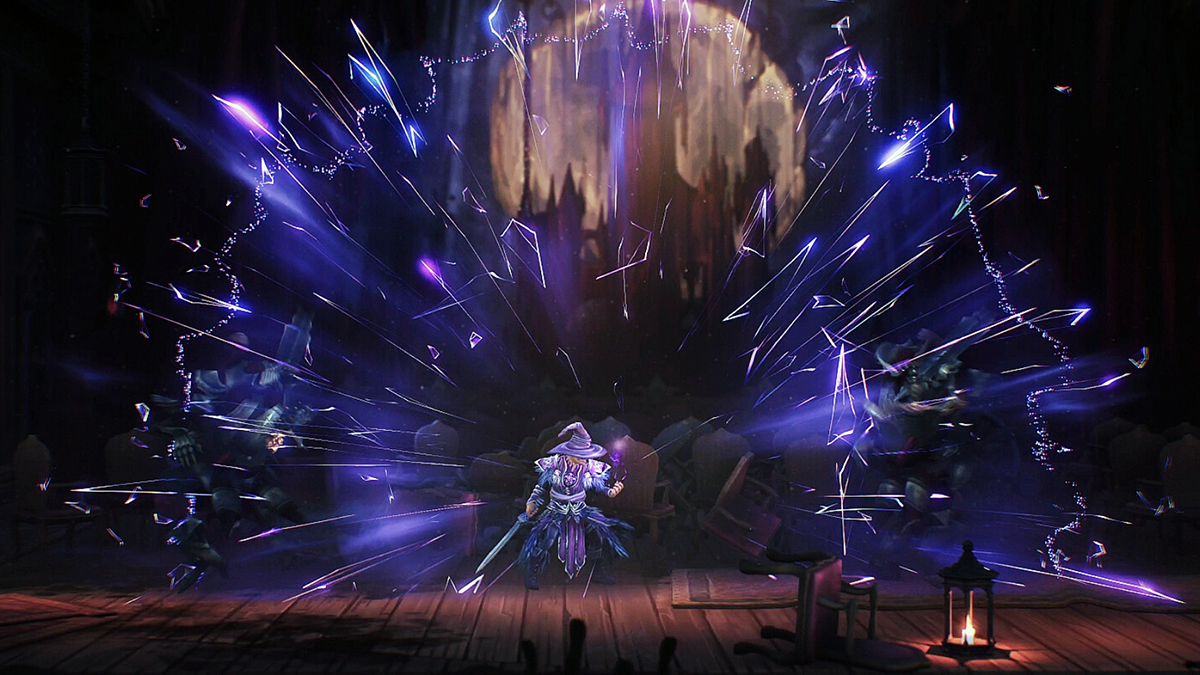Recently, Oxide Games’ Ara: History Untold arrived with its own take on the crowded historical 4X subgenre that Sid Meier’s Civilization has dominated for more than three decades. It’s a strategy game that actively tries to put some distance between itself and the king, but at which point does that become a problem?
Xbox Game Studios’ current strategy might not be yielding the fantastic results which Microsoft was hoping for, but its admittedly busy pipeline of projects is interesting and varied in a way that PlayStation’s simply isn’t right now. A game like Ara just wouldn’t happen right now at Sony’s gaming division. The 4X subgenre isn’t a risky bet, but it’s widely known that most big-budget first-party efforts are happening elsewhere. Xbox seems rather fond of strategy titles as a whole, with Age of Empires/Mythology making a huge comeback and the promise of Blizzard returning to RTS floating around.
On those terms alone, Ara is a big win for the Xbox portfolio. We’ve seen titles such as Humankind or Millennia try to break into the historical 4X space, each with its own set of gameplay twists and central ideas that nurture Civilization-like visions that either aim to go deeper or more flexible. Nailing both things has historically been hard, yet Oxide Games’ mission statement was to create a game that could be considered both a ‘grand strategy’ option and an accessible alternative to Firaxis’ behemoths.

At first glance and after putting two to three hours into it, I was tempted to say Ara was a remarkable riff on the tried-and-tested formula. Each time I thought one mechanic or large system was going to feel too much like what Civilization has been doing so well for so long, a new wrinkle gave the whole experience a different flavor. Sure, you’re still building and expanding a civilization that must stand the test of time over the ages and achieve victory over other nations, and, on a basic level, veterans will automatically click with the basics of Ara, yet this 4X newcomer bites wider and far deeper.
This is both good and bad. If Oxide Games’ main goal was to entice grand strategy sickos and/or to make a ‘gateway’ game into far more complex affairs, I’d say they succeeded with Ara. On the other hand, if the main idea behind this project was to come up with a far more malleable historical 4X experience, the end result is a bit of a mess. It’s hard to come out of an hours-long match of Ara saying it’s a bad game, but I found myself questioning who it was made for more and more often as time went by.
First impressions are great because it’s actually the back half of a match that becomes a bit of a slog for anyone who doesn’t love micromanaging the hell out of luxury products and production queues. You see, Ara’s sole victory condition is stacking more points than your enemies, points that are gained through every action which makes an impact on your civilization or others. This means every ‘build’ or play style should be viable… but it also stops the game from encouraging experimentation on a mechanical level.

Sure, the options are there, but you can just follow the same strategy each time and get roughly the same results, with only the maps adding tangible variance enforced through the game itself and not the players’ self-restraint and/or creativity. What about leaders, you might be wondering? In traditional fashion, they come with their own bonuses and minor differences, yet they lack the unique flavor and traits that inspire different paths to victory in Civilization. There’s no such thing as winning the matches through science or culture here even though there are elements and entire systems dedicated to them.
On paper, the idea of a 4X game that allows players to tinker with its management side in order to better build towards certain approaches sounds great, and Ara does offer an enticing take on a subgenre in dire need of innovation up to a certain point. But once it hits what I like to call the Great Micromanagement Wall, it becomes abundantly clear that you’ll spend most of Act 2 and the entirety of Act 3 making sure those numbers go up across a number of ‘Excel sheets’ that define the overall performance of your nation.
As I previously said, Ara is all about getting the highest general score and not being left behind. It’s actually a battle royale of sorts where uninteresting civilizations are deleted each act. But what does ‘interesting’ actually mean when everyone is doing whatever to hit the same objective? During the final stretch of my first match, even micromanaging became just a nuisance I was barely paying attention to, as my points had snowballed and no enemy disruption could make a dent on my aimless plans. I had the option to build giant mechs, research advanced AI-human improvements, but none of it really mattered as everyone was just focusing on those production lines and trade to farm a small but constant flow of points.

The odd thing about Ara: History Untold, even after what may sound like a rant, is that it doesn’t feel broken. It’s thoroughly well-made and just gorgeous to look at thanks to its almost-sickening attention to detail (if your PC doesn’t blow up). Clearly, tons of thinking and love went into it, but I can’t shake the feeling the end result is sort of too rigid and friction-less, which is the opposite of what had been promised.
Even with Civilization 7 around the corner, I’m hoping Oxide Games gets to play more with Ara, not chasing a more perfected formula through patches, but instead giving us the chance to act messier and make the most of the layers and layers placed on top of the admittedly solid foundation, as they don’t amount to much right now. There’s a reason why Firaxis’ “rule of thirds” always works, and even if you’re setting up a brand-new IP, perhaps emulating legends to get a head start isn’t such a bad thing.














Published: Oct 10, 2024 9:00 PM UTC